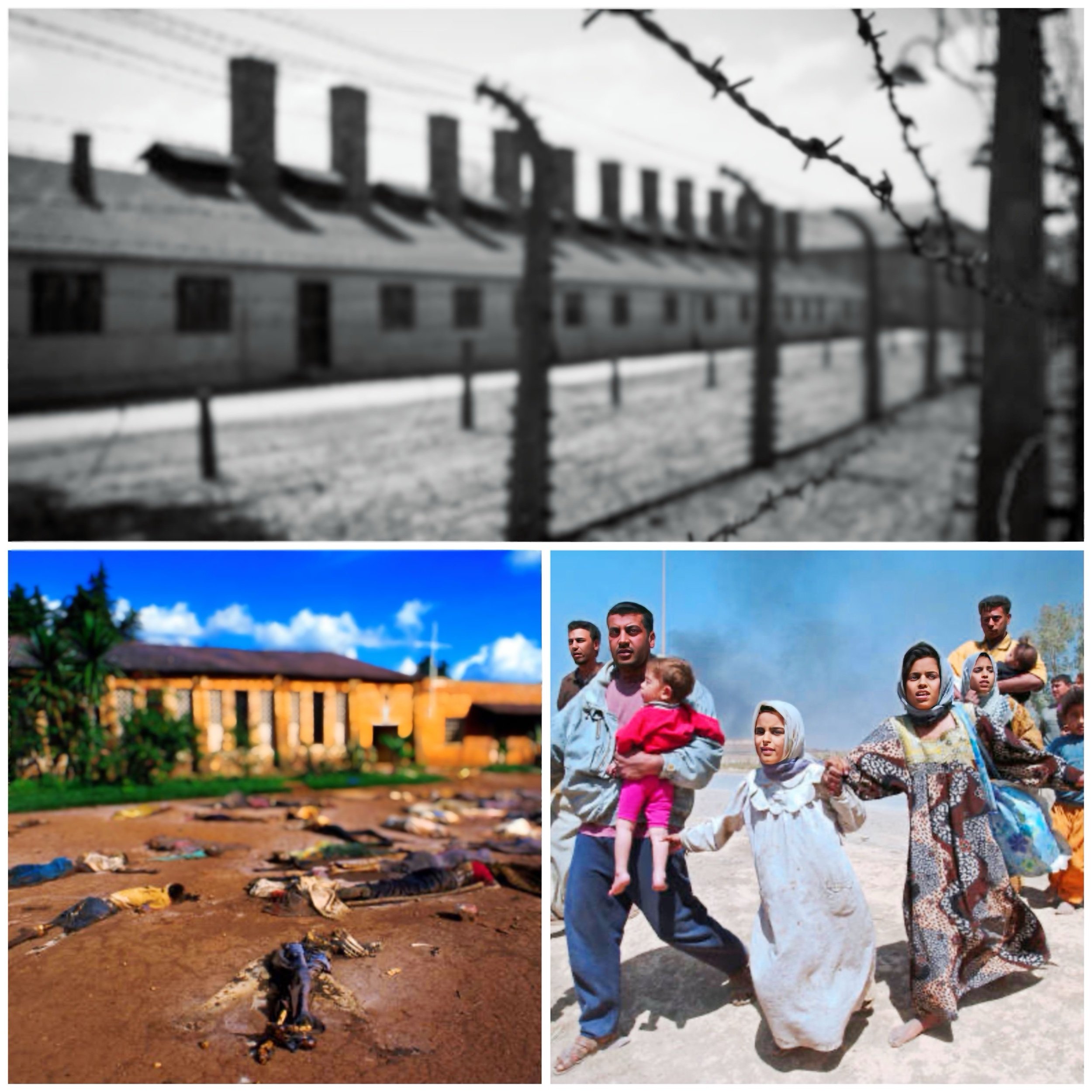What are key differences between Genocide, holocaust and war crimes. What did Israel commit on Gaza
Introduction
Genocide, holocaust and war crimes are loosely used globally with proper legal knowledge and past history of WWII.
The key differences between genocide, the Holocaust, and war crimes can be summarized as follows
Genocide
Intent to destroy a specific group (national, ethnic, racial, or religious)
Can occur during war or peace
Systematic and deliberate actions against the target group
Examples: Armenian Genocide, Rwandan Genocide
Holocaust
Specific instance of genocide targeting European Jews
Carried out by Nazi Germany and collaborators (1941-1945)
Characterized by industrial-scale murder methods
Resulted in approximately 6 million Jewish deaths
War Crimes
Violations of laws or customs of war
Occur during armed conflicts
May not have intent to destroy a specific group
Examples: Mistreatment of POWs, targeting civilians, using prohibited weapons
Did Israel commit Genocide or war crimes
Regarding Israel’s actions in Gaza, the situation is complex and highly contentious. International bodies and human rights organizations have raised concerns about potential war crimes, but there is no international consensus on classifying these actions as genocide.
Key points include:
Allegations of disproportionate use of force and attacks on civilian infrastructure
Concerns about the humanitarian crisis and civilian casualties
Debates over whether Israel’s actions meet the legal definition of genocide
Israel maintains its operations are in self-defense against Hamas
Conclusion
It’s important to note that official determinations of war crimes or genocide require thorough investigations and legal proceedings by international bodies. The situation remains under scrutiny by various international organizations and legal experts.






